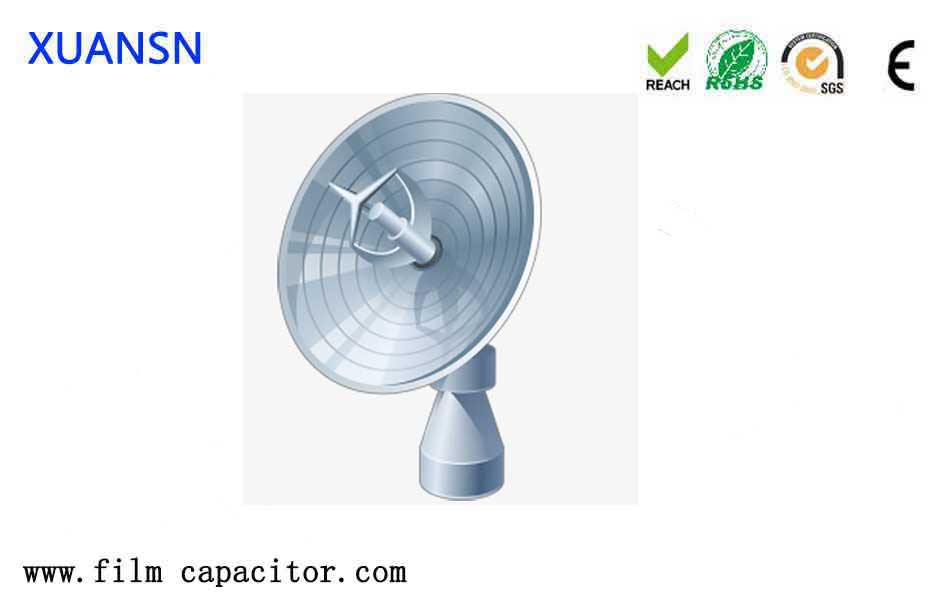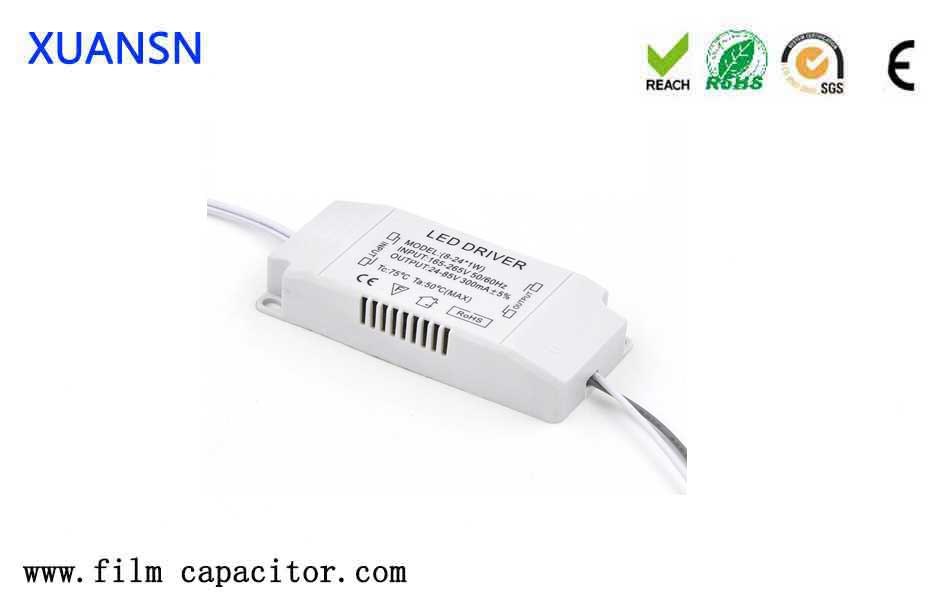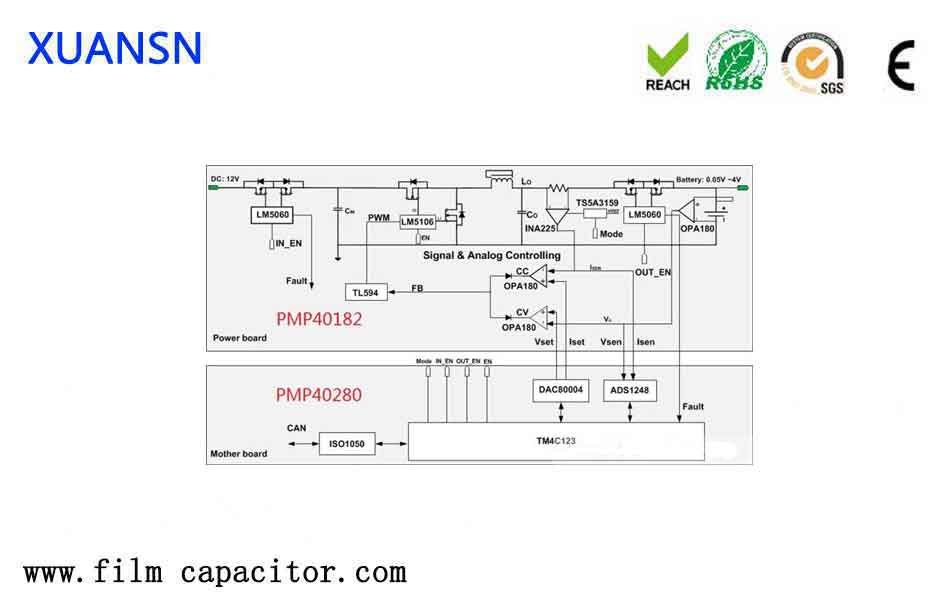The 75th Anniversary of the Hiroshima Atomic Bomb: Nuclear Attack Controversy
This year marks the 75th anniversary of the Hiroshima Atomic Bomb. Russia, China, and the United States, the major countries in World War II, had different views on the original nuclear explosion and commemorative activities.
On August 6, 1945, US bombers dropped an atomic bomb over Hiroshima, Japan, killing about 140,000 people. Three days later, the US military dropped a second atomic bomb in Nagasaki, killing 74,000 people. Japan surrendered two weeks later.
Whenever the anniversary of the first use of an atomic bomb in history comes, Hiroshima will hold events to commemorate the victims of the nuclear explosion, remind the world of the horror of nuclear, and issue a call for world peace.
There have always been different interpretations of the history of the US atomic bomb dropping. Whether the use of weapons of mass destruction against Japan, which is on the verge of defeat, caused a large number of civilian casualties to be justified has always been a topic of controversy.
Truman’s Diary
Truman wrote in his diary on July 25, 1945: “This weapon (atomic bomb) will be used against Japan between now and August 10. I have notified the Secretary of War Stimson to use this weapon. The targets are military installations, soldiers and sailors. Even though the Japanese are savages and ruthless madmen, we, as leaders for the common good of the world, cannot throw that horrible bomb into the old capital (Kyoto) or the new capital ( Tokyo). He (Stimson) and I agree that the target will be purely military.”
Truman also wrote, “We will issue a warning to ask Japan to surrender and save lives. I’m sure they won’t do that, but we will give them a chance. Fortunately for the world, Hitler’s gang and Stalin did not find the atom. Bomb. It seems to be the scariest thing ever discovered, but it can be the most useful thing…”
In 1947, Stimson wrote that the use of nuclear weapons led to the end of the war, prevented the US military from attacking the Japanese mainland, and saved the two sides millions of unnecessary deaths. This use of weapons of mass destruction to shorten wars and avoid greater casualties has become the mainstream American narrative.
An American tourist in Hiroshima once told a BBC reporter, “The United States has made tremendous scientific efforts, and the nuclear explosion quickly ended the war.”
The BBC’s Tokyo correspondent Rupert Wingfield-Hayes also pointed out a less humane historical fact that the US military is ready to deploy more atomic bombs to US military bases in the Northern Mariana Islands. Japan dropped an atomic bomb.
Japanese defense collapse
After the explosion of the Hiroshima atomic bomb, the Soviet Union declared war on Japan on August 8, 1945. The day after the Soviets began to attack the Japanese in the Far East, the United States dropped a second atomic bomb in Nagasaki.
In 1945, Britain, the United States and the Soviet Union agreed at the Yalta meeting that the Soviet army would be engaged in combat against the Japanese army three months after the defeat of Germany. Germany surrendered in May 1945. In early August, Soviet Marshal Vasilievsky commanded 1.5 million Soviet and Mongolian troops into the Japanese-controlled Manchuria, Mengjiang, and northern Korean Peninsula, and defeated the Japanese Kwantung Army.
Vasilievsky believed that the Soviet attack caused Japan to surrender. He also said that “mass destruction of Japanese urban residents” is not necessary for military purposes. He believes that the dropping of the atomic bomb by the United States is the beginning of the Cold War against the Soviet Union.
Japanese-American historian Tsuyoshi Hasegawa also believes that the atomic bomb dropped by the United States was not the main reason for Japan’s surrender. He believed that Stalin declared war on Japan on August 8, and the Soviet army defeated the Japanese army on the mainland as the main reason.
Hasegawa said that the main Japanese defense strategy at the time was to resist naval attacks from the south. The Soviet army defeated the Kwantung Army in northeastern China, and Japan had no soldiers to the north, leading to the collapse of Japan’s strategy.
Russia expressed more sympathy with Japan on the Hiroshima-Nagasaki nuclear explosion. Russian Foreign Ministry spokesperson Maria Zakharov once said that the current U.S.-Japan alliance has left the historical truth unclear. The U.S. has never apologized to Japan for dropping an atomic bomb.




